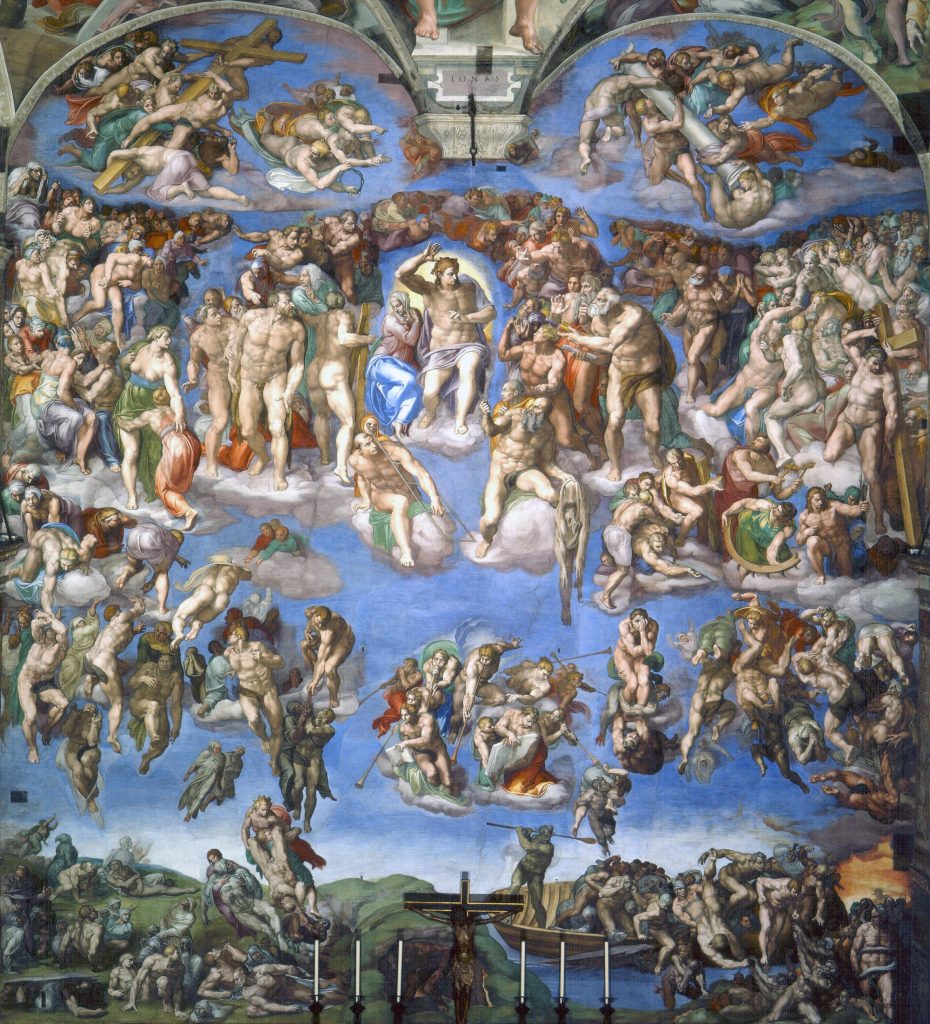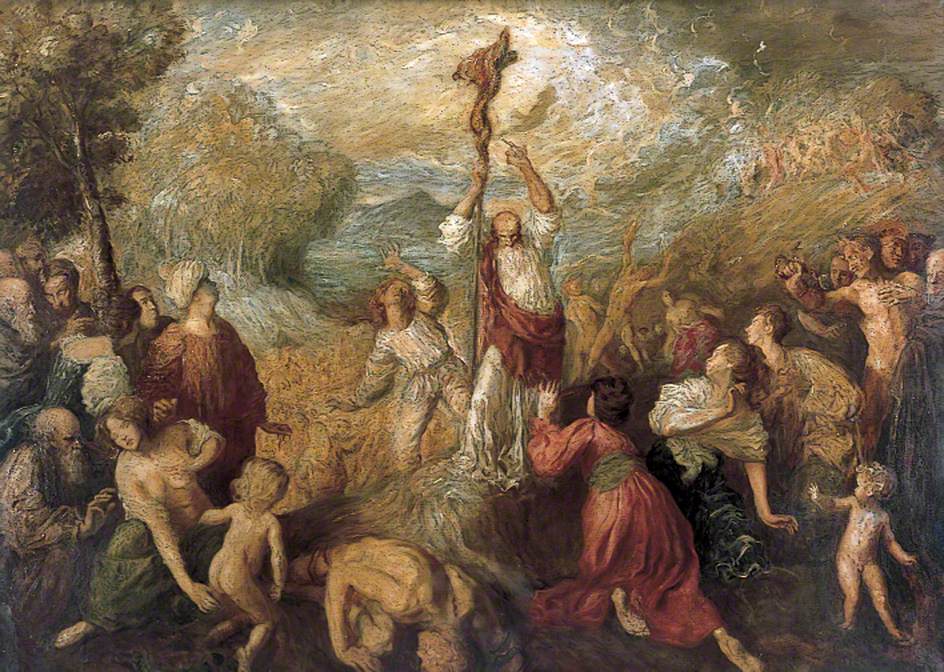The rich young man expected his wealth would provide satisfaction and joy. Yet it left him unfulfilled. So he studied the Bible and memorized all the laws and followed them fastidiously. Still his experience of the promised paradise was achingly lonely. He sought out the hot new religious leader of his day for guidance.
Jesus received the sad young man and heard his lament. He put His hand on his shoulder, peered into his soul and replied: “If you would be perfect, go, sell what you possess and give to the poor, and you will have treasure in heaven; and come, follow me.” [Matthew 19:21]
Of course, Jesus was just teasing – his response was flippant and sarcastic. He did not expect the young man, desperate as he was for validation and acceptance, to part with the primary source of his self worth. Jesus also did not see him as disciple material, and knew he would be a liability to His new squad. Most importantly, He needed the young man to maintain his wealth to fund the church’s growing ministry over the long term – as the insecure rich, yearning for approval, purpose and absolution, have done for almost 2 millennia now.
Despite their inventions, innovations and contributions to improving quality of life, the rich today are vilified as greedy, stingy and uncaring. Their wealth is de-legitimized as the product of the exploitation of vulnerable laborers. However from their perspective, the problem is that there is no worthy recipient of their largess: the church has long since lost its way and become deeply corrupt, and all charities now create more of the problems they claim to be solving.
So for now it’s OK to be stingy. It’s also fun. For example, you can scan your restaurant apps to find the most free food and the best deals. With all the offers and reward programs out there, you can score yourself a couple tasty meals for just $10. It’s also virtuous: by driving down prices with the help of technology and automation, all goods and services will eventually become free, which is an essential component of the coming Kingdom (along with universal retirement). In fact this would have happened long ago if not for the government’s burdensome and inflationary policies.
Save your money until you have a very good reason to spend it. As Christians and Jews we must be charitable, of course. But we can do so with our time not cash. Seek out the desperate and vulnerable in your neighborhood or across the world via social media. Discuss religion and politics. Find out what they believe. Are they your ally or do they despise you? Give them life advice. Offer solutions to problems and disputes. Modest cash grants are fine as long as you are aware of their many scams. Also keep in mind the definition of insanity: paying people to stop insulting and bullying you.
As the rich young man turned ruefully and departed from His presence, Jesus seemingly condemned him:
And Jesus said to his disciples, “Truly, I say to you, only with difficulty will a rich person enter the kingdom of heaven. Again I tell you, it is easier for a camel to go through the eye of a needle than for a rich person to enter the kingdom of God.”
Matthew 19:23
So how can a stingy rich person get into heaven? With God, anything is possible: the rich must preserve their wealth until they are ready to fund Jesus’ Kingdom directly. Then once unburdened, they can pass through the ‘eye of the needle’ easily:

At this point in history, generosity with wealth is actually counterproductive. The world just isn’t ready for God’s great rest. Utopia for the masses consists mainly of exploiting ‘democracy’ to torment the opposition and make their life hell. Not even a single Christian (or disabled or homeless person or Palestinian refugee) embraces the possibility of universal salvation – ironically the sole requirement for entry (and solution to all their problems). So they are not worthy of your generosity, and Jesus warns of the danger of squandering your wealth on them:
“Do not give dogs what is holy, and do not throw your pearls before pigs, lest they trample them underfoot and turn to attack you.”
Matthew 7:6











